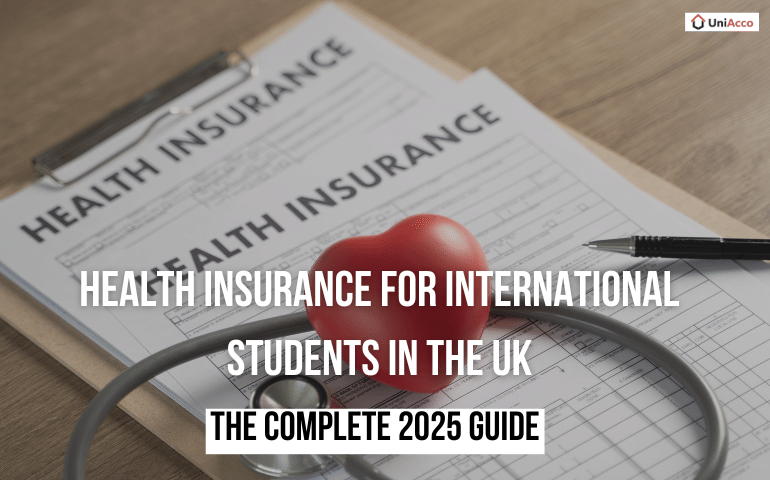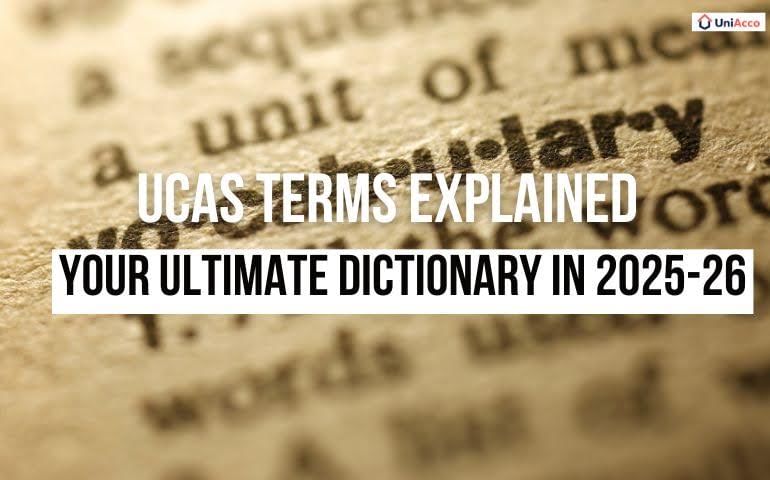Emergencies can happen at any time, whether it’s a health crisis, a fire, a crime, or even getting stuck in a lift. Knowing the right emergency services numbers in the UK is crucial for every student, not just for your safety but also for your peace of mind.
This article covers the essential emergency no in UK, how to use them, a list of emergency services UK, and important regulations for lift emergency phones.
Essential Emergency Services Numbers in the UK
The UK has a well-structured system to ensure help is always just a call away. Here’s a quick overview of the most important numbers:
| Service Type | Number | When to Call |
| All Emergencies | 999 or 112 | Life-threatening situations: police, fire, ambulance, coastguard |
| Police (Non-Emergency) | 101 | To report minor crimes, property damage, or non-urgent issues |
| Medical (Non-Emergency) | 111 | Urgent medical advice when it’s not an emergency |
| Gas Emergency | 0800 111 999 | If you smell gas or suspect a leak |
| Power Cut | 105 | To report a power outage or get information |
| Floodline | 0345 988 1188 | For flood warnings or advice |
| Samaritans (Mental Health) | 116 123 | For confidential emotional support |
| Childline (Under 19s) | 0800 1111 | For children and young people needing support |
| Anti-Terrorist Hotline | 0800 789 321 | To report suspicious activity |
| Crimestoppers | 0800 555 111 | To report crimes anonymously |
| Action Fraud | 0300 123 2040 | To report fraud or cybercrime |
These are the emergency numbers in the UK that every student should save in their phone.
How to Use Emergency Numbers?
- 999 or 112: Use this number for all life-threatening emergencies. Operators will ask which service you need—police, fire, ambulance, or coastguard.
- 101: For non-urgent police matters, such as reporting a theft after it’s happened.
- 111: For urgent but non-life-threatening medical concerns. NHS professionals will guide you to the proper care.
If you’re unsure, always call 999 or 112 – operators will direct you appropriately.
List of Emergency Services in the UK
The main emergency services in the UK include:
- Police: For crime, violence, or threats to safety.
- Ambulance: For medical emergencies and urgent health crises.
- Fire Brigade: For fires, explosions, or rescue operations.
- Coastguard: For emergencies at sea, on cliffs, or along the coast.
- Mountain and Cave Rescue: For emergencies in remote or difficult terrain.
- Other Support Lines: Mental health (Samaritans), child support (Childline), anti-terror, and anonymous crime reporting (Crimestoppers).
Ambulance Codes in the UK
When you call for an ambulance, the UK uses a system of ambulance codes to prioritise response:
- Category One: Life-threatening, such as cardiac arrest (target: 7 minutes).
- Category Two: Emergency, such as stroke (target: 18 minutes).
- Category Three: Urgent, such as abdominal pain (up to 120 minutes).
- Category Four: Less urgent, such as minor injuries (up to 180 minutes or telephone advice).
This system ensures the most critical cases receive the fastest response.
Lift Emergency Phone Regulations UK
Getting trapped in a lift is rare, but it’s important to know that UK law requires all new passenger lifts to be equipped with emergency communication devices. Here’s what you need to know about lift emergency phone regulations UK:
- Legal Requirement: Since July 1999, all new lifts must have alarm devices so trapped passengers can call for help.
- EN 81-28 Standard: This standard regulates remote alarm systems (emergency telephones) in lifts, ensuring passengers and engineers can summon assistance if trapped.
- Battery Backup: Emergency phones must have sufficient battery backup to last at least one hour on standby and 15 minutes of talk time during a power failure.
- Testing: Lift emergency phones must undergo test calls at least every three days, using the same method as a real emergency call to ensure functionality.
- Communication Methods: While traditional phone lines are common, compliant devices can use radio, digital, or other networks as long as they meet safety standards.
- Responsibility: Lift owners must maintain and regularly test these systems to remain compliant and ensure passenger safety.
If you’re ever stuck in a lift, use the emergency button. As required by UK law, this connects you to a 24/7 rescue service.
Quick Reference Table:
Final Tips for Students
- Save Essential Numbers Immediately:
Store all the key emergency services numbers in the UK – such as 999, 112, 101, 111, and your local emergency contacts – in your phone and keep a written copy in your wallet or on your desk for quick access. - Memorise Your Address and Postcode:
Responders need your exact location in an emergency. Practice saying your address and postcode clearly in English, and keep them handy near your phone or on your student ID. - Understand Lift Emergency Phone Regulations UK:
If your accommodation or university building has lifts, locate the emergency phone or alarm button and know how to use it. Ask building management about safety procedures and ensure you know what to do if you or a friend becomes trapped. - Use Non-Emergency Numbers Wisely:
For non-urgent police matters (like lost property or minor incidents), call 101. For medical advice that isn’t life-threatening, call 111. This keeps 999 and 112 available for real emergencies. - Know Your Campus Security Contacts:
Most universities have their own security teams and emergency procedures. Save your campus security number and familiarise yourself with emergency exits, assembly points, and the location of first aid kits in your accommodation and lecture halls. - Register for Emergency SMS (If Needed):
If you have hearing or speech difficulties, register for the UK’s emergency SMS service by texting ‘register’ to 999. This allows you to text for help in an emergency. - Stay Informed About Local Risks:
Check if your area is prone to flooding, extreme weather, or other local hazards. Sign up for alerts from Floodline or local authorities if necessary. - Share Key Information With Friends:
Make sure your flatmates or close friends know the emergency numbers and procedures, too. Teamwork and clear communication can save lives in a crisis. - Keep Calm and Communicate Clearly:
In any emergency, stay as calm as possible, speak slowly and clearly, and follow the operator’s instructions. The more information you provide, the quicker help can arrive. - Regularly Review Safety Procedures:
Take a few minutes each term to review your building’s fire, medical, and lift safety protocols. Being proactive means you won’t have to panic if something goes wrong.
Being prepared with the right information and contacts ensures you can act quickly and confidently, whatever the situation. Always refer to your university’s student support services and official UK government resources for more detailed guidance.
If you’re searching for secure, student-friendly accommodation with robust safety measures, UniAcco can help you find the perfect place to call home.
FAQs
What is the UK emergency number?
The main emergency service number in the UK is 999, which connects you to the police, ambulance, fire, and other urgent services.
How do I contact emergency services in the UK?
If you have a life-threatening emergency, dial 999 (or 112) from any phone; an operator will ask which service you need.
What is the 999 emergency number in the UK?
999 is the primary emergency no in the UK, available 24/7 and free to call for urgent assistance from police, ambulance, fire, or coastguard.
What is the 112 emergency number?
112 is the European-wide emergency number that works the same as 999 in the UK, connecting you to all emergency services.
What are the 5 emergency services in the UK?
The five main emergency service numbers in the UK are police, ambulance, fire brigade, coastguard, and mountain/cave rescue, all reachable via 999 or 112.
We hope this story was useful to you. If you’re looking for more such crucial information, we recommend the articles below:















0 Comments